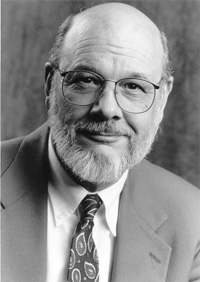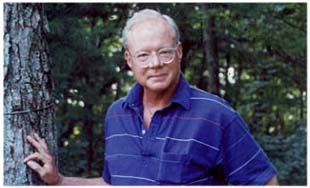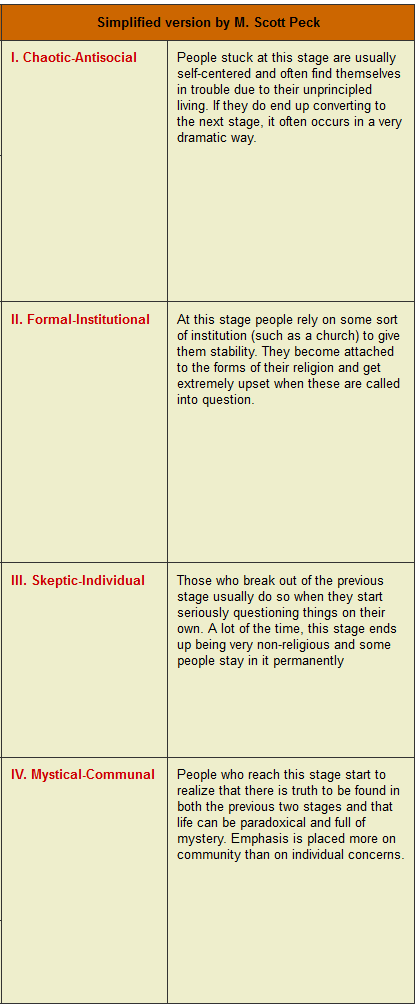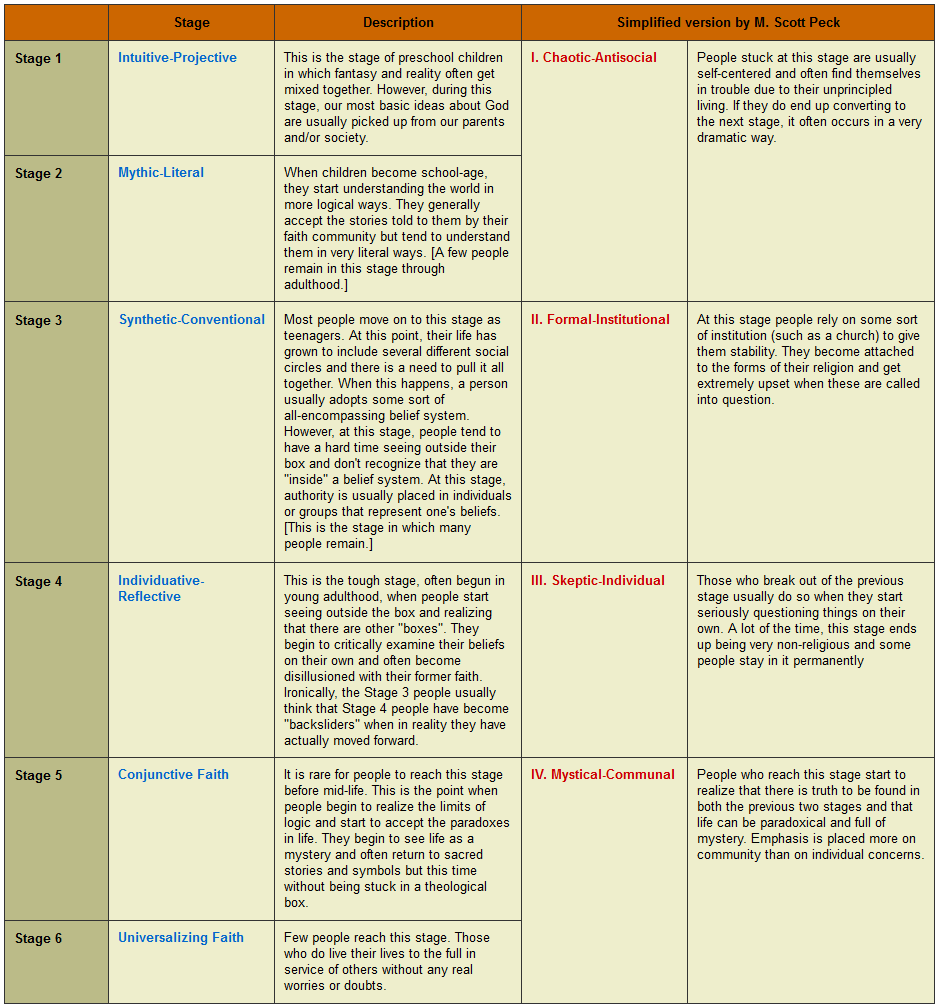In this, the second piece in my series on the Stages of Spiritual Growth, I’m afraid I’m going to kind-of lay out right at the very beginning an overview of where this series is going, and indeed issue a bit of a spoiler! I’m not going to keep you waiting; I am going to explain up front what the various Stages are, and in later posts I will flesh out each Stage with examples and commentary. In this way, you can also do your own reading and research around the subject so as to be able to develop your own ideas and concepts that fit with your own personal journey, and then compare those findings with mine. I am actually not keeping any ‘secrets’ here; all the initial ‘cards’ will be laid out on the table and my own comments and ideas will follow in future posts, on the back of that. And remember we are all on a learning road together!
So, without further ado, here we go.
There are two, very similar, ‘schools of thought’ on the stages of spiritual growth.
The first is the ‘Six Stages of Faith’ (sometimes quoted as the ‘Seven’ Stages*), put forward by the late Prof. James W. Fowler.

Fowler’s Stages are fully described in his book, “Stages of Faith: The Psychology of Human Development and the Quest for Meaning“. The six/seven Stages are:
- Stage 0 – “Primal or Undifferentiated” faith (birth to 2 years)
- Stage 1 – “Intuitive-Projective” faith (ages of three to seven)
- Stage 2 – “Mythic-Literal” faith (mostly in school children)
- Stage 3 – “Synthetic-Conventional” faith (arising in adolescence; aged 12 to adulthood)
- Stage 4 – “Individuative-Reflective” faith (usually mid-twenties to late thirties)
- Stage 5 – “Conjunctive” faith (mid-life crisis)
- Stage 6 – “Universalizing” faith, or what some might call “enlightenment”.
(Stages generated from Wikipedia article on James Fowler)
Each of these Stages, and the ages at which they are thought to occur, are of course generalisations – some people may not have all the ‘characteristics’ of each stage, but they are reached (if they are reached at all) in sequence since each Stage builds on the things learned in previous Stages. Some believers may not reach the further Stages at all, and the ages are of course different from person to person. These Stages are summarised in the following chart, along with a short description:
I would imagine that you may already be identifying with much of what you have seen in that chart…
The other school of thought is known as the ‘Four Stages of Spiritual Development’ and was proposed by the late Dr. M. Scott Peck, from whom we have already heard in the previous instalment of this series.

Peck writes of the ‘Four Stages of Spiritual Growth’, and he does refer to Fowler, in passing, in an excellent [albeit abridged] version of his ideas which can be found here, and which refers to Peck’s book ‘The Different Drum‘ is where he expounds his ideas on his ‘Four Stages’. These ‘Four Stages’ follow a broadly similar structure to Fowler’s but are slightly more simplified. These are Peck’s Four Stages:
- Stage I is chaotic, disordered, and reckless. Very young children are in Stage I.
- Stage II is the stage at which a person has blind faith in authority figures and sees the world as divided simply into good and evil, right and wrong, us and them.
- Stage III is the stage of scientific skepticism and questioning.
- Stage IV is the stage where an individual starts enjoying the mystery and beauty of nature and existence.
Furthermore, Peck also argues that while transitions from Stage I to Stage II are sharp, transitions from Stage III to Stage IV are gradual. Nonetheless, these changes are very noticeable and mark a significant difference in the personality of the individual.
(Stages and that last sentence generated from Wikipedia article on M. Scott Peck)
I’d also make the observation at this point that Stage III can, in my opinion, be one of the points at which the person may go through a ‘Dark Night of the Soul‘. It certainly was for me. This also corresponds with Fowler’s Stage 4. The transition experienced during Stage 4/Stage III may be sharp or it may be prolonged, and will vary in duration from person to person.
Again, Peck’s Stages can be summed up in a chart:
Note that these Stages, like Fowler’s, are generalisations in a similar way to those described for Fowlers Stages.
Now, let’s marry up the two sets of Stages so that we can compare them, in yet another chart (which you can click on to get a zoomable image to make it easier to read). Here you can see how Fowler’s and Peck’s Stages overlap and compare with each other:
(Source for the above charts: http://www.psychologycharts.com/james-fowler-stages-of-faith.html )
I’m not saying that these ‘Stages’ are definitive, and (as I have already mentioned) they are to some extent a generalisation. But I must say that I can definitely identify with these Stages of growth in my own mind, and at the very least, these ideas should confirm for us that there are indeed spiritual growth stages of some sort out there, and that if we find ourselves changing under God’s guidance, we should not be surprised when we can indeed identify with some of the indicators of the Stages put forward by Fowler/Peck. So, when I am presenting and describing these Stages from both Fowler and Peck, I am not asking my readers to decide here and now (or indeed at any time) which Stage they are in – although I realise this is a natural tendency – nor am I encouraging anyone to feel ‘superior’ or ‘inferior’ to other Christians because of the ‘stage we are at’. This isn’t about others; this is about realising that we are all on a journey, that these Stages do exist in some form or another in most people, and that this is perfectly normal and nothing to be afraid of. Indeed, I am not proposing that anyone be constantly mindful of the Stages and/or ‘trying to work out where we are on the scale’**. While introspection can be useful, I would far rather we are simply aware of these Stages as a perfectly normal part of personal spiritual development, as information that is useful in working out what is happening to us, but all the while still majoring on keeping our eyes fixed on “…Jesus, the Author and Finisher of our faith” (Heb 12:2). He’s the important One!
In the light of this knowledge we now share, it is worth refocusing temporarily at this point and thinking about the effects that this knowledge may have on others who are at different Stages in their own walk of faith. St. Paul mentions something similar in Romans 14 where he talks about people whose faith is ‘weak’ (his words, not mine!), and not causing such people to stumble. I go into considerable detail on this idea in this piece. Please therefore remember to treat this knowledge as good and useful but at the same time potentially harmful to those who might feel threatened by it. Some people just aren’t ready to hear it yet. Jesus said in John 16:12 that, ‘I have so much more to tell you, but you are unable to bear it yet’. He was sensitive to the level of spiritual maturity in His disciples, and we should be no different in our attitudes towards our fellow believers. This is our chance to show Grace to others by considering them!
Anyway, as I have said, I will flesh out these ideas about the Stages of Spiritual Growth in future articles. In the meantime, I will leave you with the words of two wise men concerning the Stages we have just discussed, and relating to what Stage we ourselves are ‘at’:
“Once you say ‘higher level’ (regarding one’s level of spirituality), you appeal to the ego, and all the wrong instincts in people.”
-Fr. Richard Rohr
“When you begin to refer to where you’re at on your journey as a “deeper place,” “higher level,” “another dimension,” or some other such thing, you create a space where pride, arrogance, and superiority can thrive in the name of spirituality. No, we’re journeying, and on this journey, mountains are laid low, and valleys exalted. Every place is an equal place for the sincere, it’s just that we are never all in the same place at the same time, and tend to assume wherever we’re at is the place to be.
“The place to be is wherever you are”.
-Jeff Turner
*The reason that Fowler’s ‘Six Stages’ are also known as the ‘Seven Stages’ is because the first stage is actually ‘Stage 0’, at which point it could be argued that the person does not actually have any sort of faith because they are too young to be able to form one, and therefore it doesn’t count as a Stage of Faith because there is no faith present. This of course is different from person to person; my eldest son had a faith structure from a very early age. But that’s the explanation, at any rate.
**One writer puts it like this:
“It is really important to recognize that no one person actually exists in any given one of these stages. The stages are more like a tendency that can change over time – sort of like optimism versus pessimism, or being an extrovert versus an introvert. No one is 100% in either of these camps, and may tend more or less so according to changing circumstances.
“So why do we study these stages if not to judge at which one a person exists? The real value of these stages is to understand what values, characteristics and traits are typical in spiritual maturity. They provide a roadmap showing which way is forward. Not all factors in our society (including many churches) strive to lead a person in a forward spiritual direction.”



